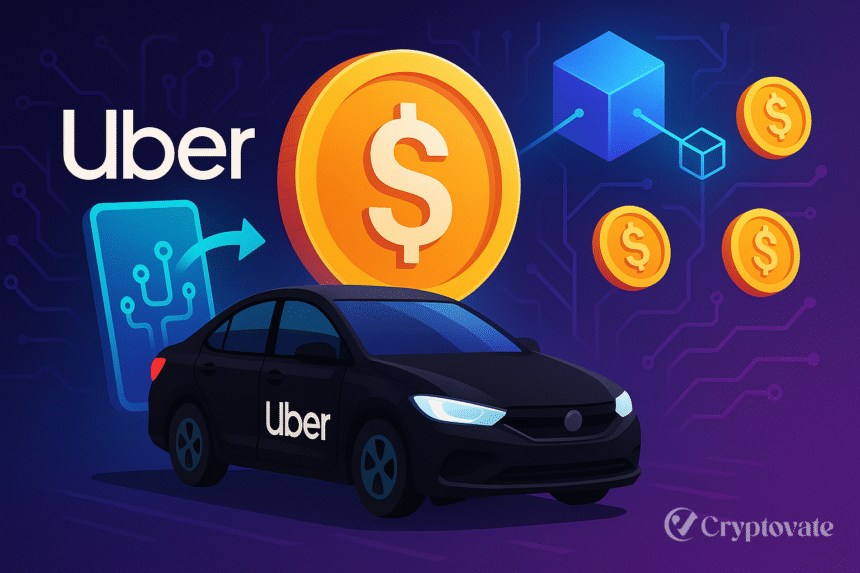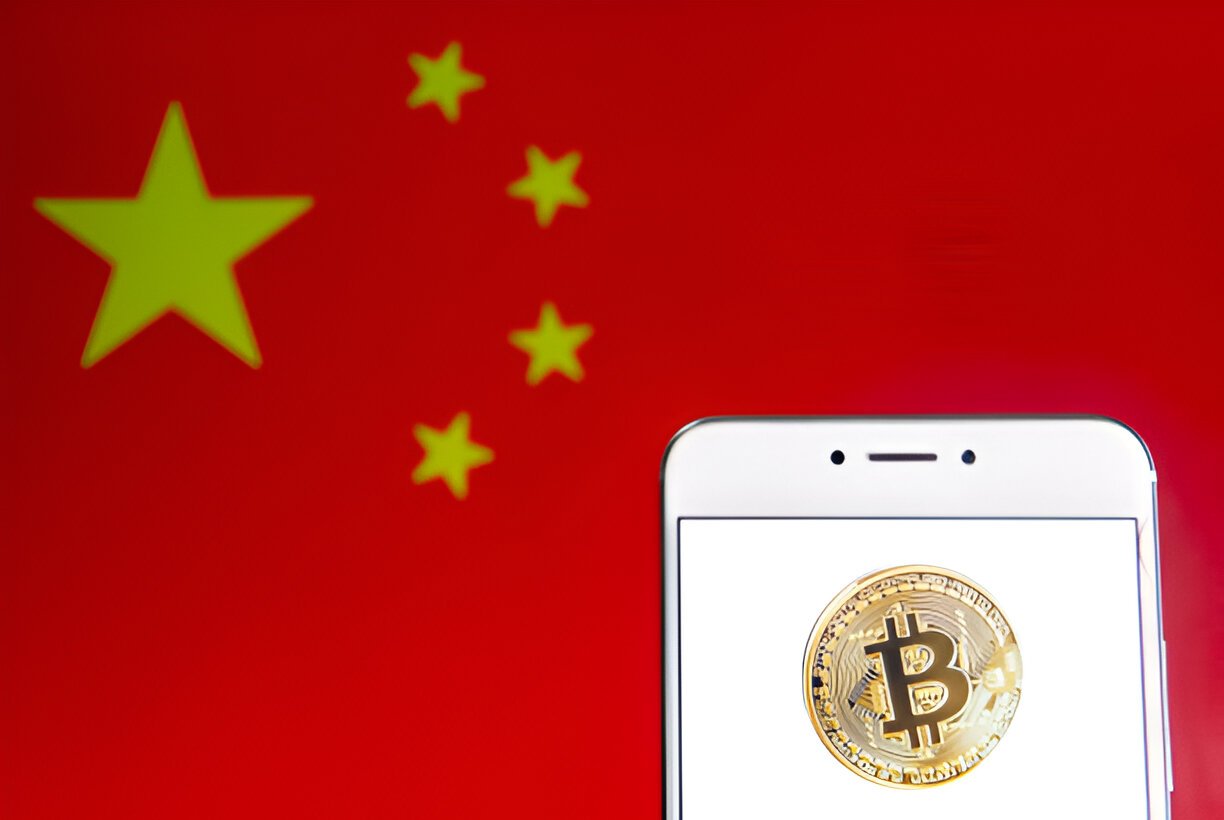– Ad –
| Getting your Trinity Audio player ready... |
Uber, the global ride-hailing giant, is taking a bold step into the world of blockchain by exploring stablecoins for its payment systems. At the Bloomberg Tech Summit in San Francisco on June 5, 2025, CEO Dara Khosrowshahi revealed that Uber is in the “study phase” of evaluating stablecoins to enhance its payment infrastructure. This move could transform how the company handles transactions across its operations in over 70 countries, potentially reducing costs and friction in cross-border payments.
Stablecoins, digital currencies tied to fiat like the U.S. dollar, provide a reliable and efficient alternative to conventional payment systems. Unlike volatile cryptocurrencies such as Bitcoin, which Khosrowshahi called a “proven commodity” but less practical for daily transactions, stablecoins provide predictability. This makes them ideal for Uber’s global platform, where drivers and riders exchange payments in diverse currencies daily.
Why Stablecoins Matter for Uber
Uber’s exploration of stablecoins is driven by the need to streamline its intricate global payment system. Operating in dozens of countries means dealing with varied banking systems, exchange rates, and transaction fees. Stablecoins, built on blockchain technology, enable near-instantaneous transfers with lower costs compared to traditional banking. For instance, a Brazilian driver could receive payments in a U.S. dollar-pegged stablecoin, bypassing currency exchange fees and delays.
Khosrowshahi emphasized that Uber is not rushing into implementation. The company is carefully studying how stablecoins can integrate with its existing systems. This cautious approach reflects the regulatory uncertainties surrounding cryptocurrencies, but it also signals Uber’s commitment to innovation. By exploring blockchain-based solutions, Uber aims to stay ahead in the competitive fintech landscape, where companies like PayPal and Stripe are also experimenting with digital currencies.
The potential benefits are significant. Stablecoins could streamline payouts to drivers, reduce transaction fees for riders, and simplify Uber’s financial operations. For a company processing billions of dollars annually, even small efficiency gains could translate to substantial savings.
Also Read: Atticus Aims for $2B Valuation: The Stablecoin Unicorn of 2025?
Challenges and Opportunities Ahead
Although stablecoins hold great potential, significant challenges persist. Regulatory scrutiny is a major hurdle, as governments worldwide grapple with how to oversee cryptocurrencies. Uber needs to address these complexities to ensure compliance in various regions. Additionally, integrating stablecoins into its platform requires robust technical infrastructure to handle security and scalability.
Despite these challenges, the opportunities are vast. Stablecoins could position Uber as a leader in fintech innovation, appealing to tech-savvy customers and investors. Collaborations with stablecoin platforms like Tether or Circle could speed up adoption. Moreover, this move aligns with broader trends, as companies like Walmart and Visa also explore blockchain-based payments.
Uber’s investigation into stablecoins is in its initial phase, with no set timeline for adoption. However, Khosrowshahi’s comments highlight a forward-thinking strategy. As blockchain technology matures, Uber’s bet on stablecoins could redefine how global businesses handle payments, making transactions faster, cheaper, and more accessible.
FAQs
What are stablecoins, and why is Uber interested in them?
Stablecoins, digital currencies linked to stable assets like the U.S. dollar, minimize volatility. Uber is evaluating them to reduce costs and enhance global payment efficiency.
When will Uber implement stablecoin payments?
Uber is in the research phase with no fixed timeline for adoption, as stated by CEO Dara Khosrowshahi in June 2025.
How could stablecoins benefit Uber’s drivers and riders?
Stablecoins could reduce transaction fees, speed up payouts, and simplify cross-border payments, benefiting both drivers and riders.
Are there risks to Uber using stablecoins?
Yes, regulatory uncertainties and technical challenges like security and scalability are significant hurdles Uber must address.

















